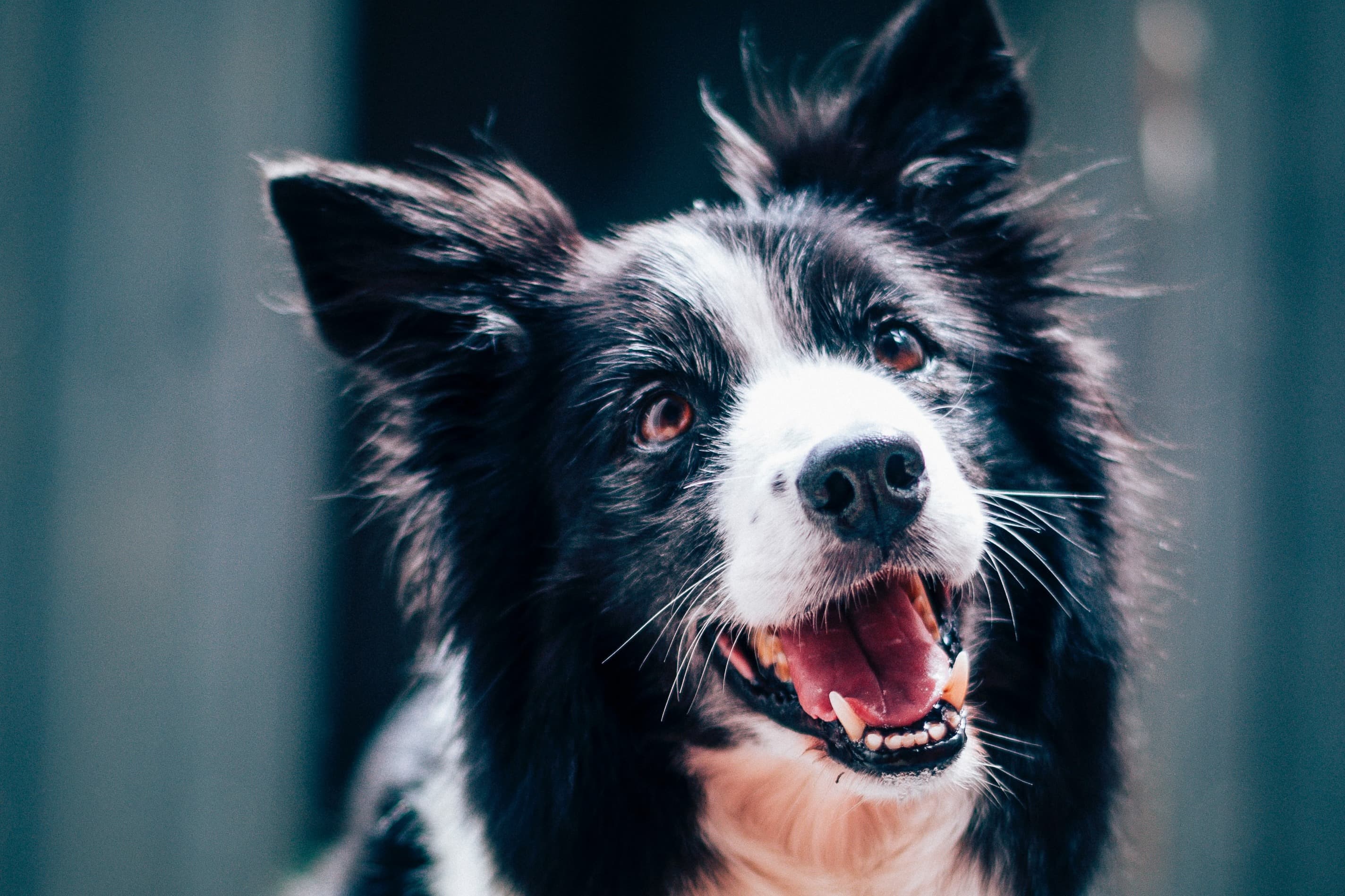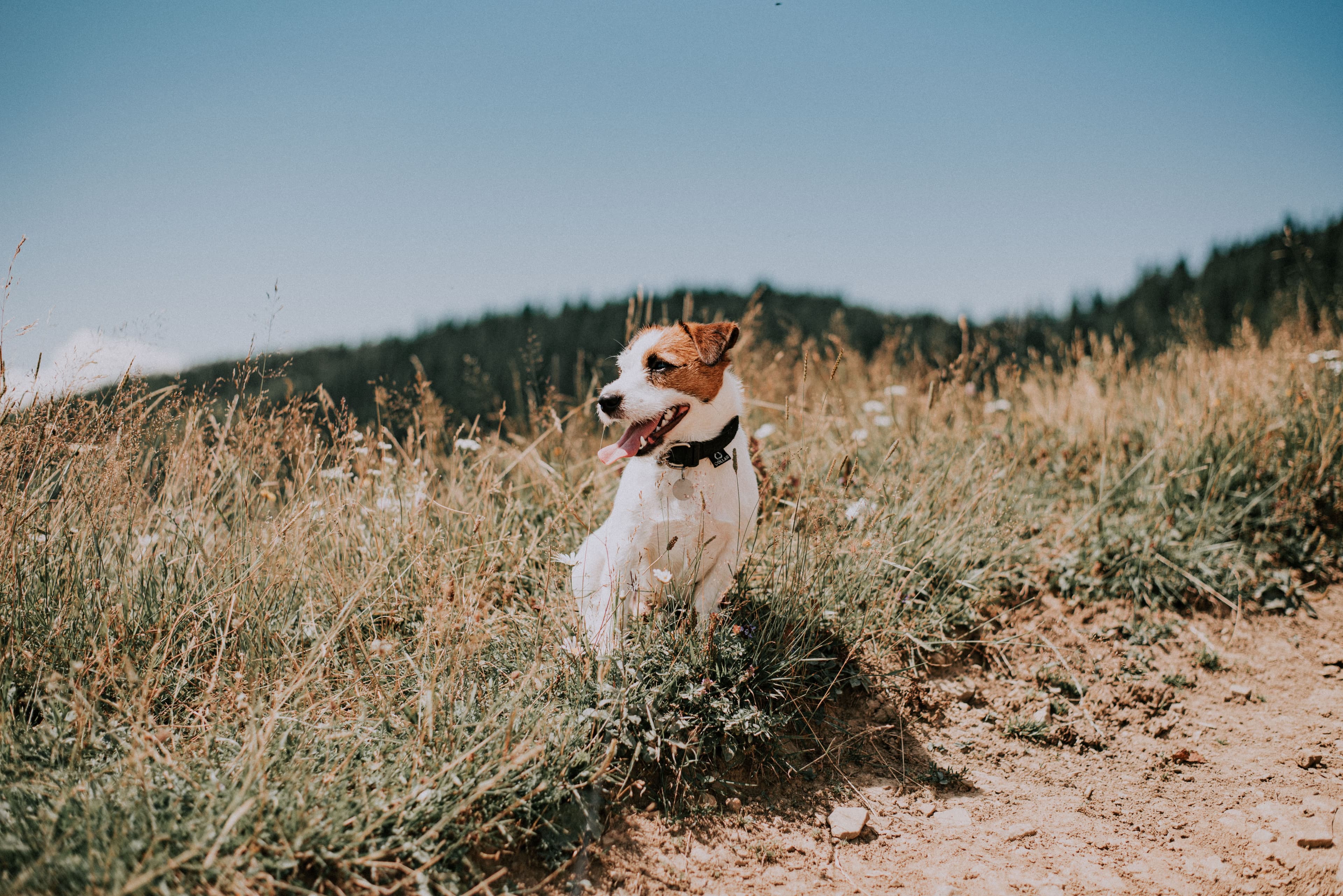Labrador Guide
Brief information about your dog's Labrador breed:
Weight: male 29-36 kg, female 25-31 kg (hunting Labradors are often smaller)
Male 58 cm, female 55 cm
Energy level: Average
Life expectancy: 10-12 years
Tendency to drool: Small
Tendency to snore: Slight
Tendency to bark: Slight
Tendency to dig: Slight
Social needs: Medium
Designed for: Water retrieval
Colours: Black, yellow or liver brown
Health problems: Obesity, hips, elbows, eyes
The Labrador is a friendly, active and cooperative dog. It is very loyal to its family and will happily join in with anything you come up with. It's important to remember that Labradors require lots of exercise and activation every day to feel good and they love both food and water!
Grooming
The Labrador has a relatively easy-care and dirt-repellent short-haired coat. They can be light, brown or black. At certain times of the year they shed more than at other times, in which case you will need to brush it more regularly. The Labrador needs to be washed and shampooed about once a month, or more often if necessary. They have an oil in their fur that acts as a protection against cold water and the sun's rays, for example.
Clipping
Labradors' claws also need to be cared for, of course! The claws need to be clipped when needed, but a recommendation is not to wait too long, once a month may be just about right. It's better to clip a little and often than a lot and rarely. You need to get your dog used to having its claws clipped from an early age, in the claw clipping course we give you our best tips on how to clip your dog's claws!
Weight control
Because Labradors are hungry dogs who often want to eat a little more than they actually need, this means that as a dog owner you need to help your dog maintain the right weight. You can do this partly by learning about weight control, but also by learning about how to determine if your dog's coat is good, which you can learn about in this video.
Litter
As the Labrador is a large breed, it is a little more common for them to suffer from problems with lameness. You can learn more about the different types of lameness and what to do if your dog is lame in the general lameness course.
Stomach problems
Food-loving Labradors sometimes also eat things that are not good for dogs to eat, which can lead to vomiting and/or diarrhea. Vomiting and diarrhoea are a common reason why dogs take their dogs to the vet, but in fact in many cases you can treat vomiting and/or diarrhoea at home. Learn more about when you can and can't treat your dog yourself at home here.





